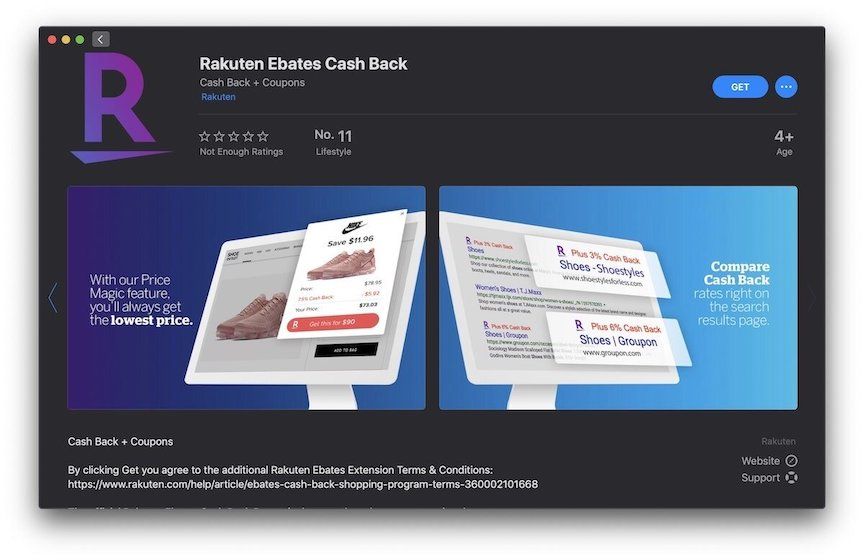

Organizations must ensure that their privacy policies are updated to include CCPA-required notices, which should be clear, concise, and written in plain language.
Nordpass safari extension update#
Update privacy policies to include CCPA-required notices.This inventory should include a comprehensive assessment of data sources, purposes for which the information is collected, categories of third parties with whom information is shared, and security measures implemented to protect information.

To meet CCPA requirements, organizations should conduct a thorough review of their data practices to identify the personal information collected, used, and sold.

Right to non-discrimination for exercising their CCPA rights
Nordpass safari extension portable#
Right to access personal information in a portable and easily understandable format Right to opt-out of the sale or sharing of personal information Right to request deletion of personal information Right to know what personal information is being collected, used, shared and sold However, the CCPA excludes certain data, such as publicly available information, deidentified or aggregated consumer information, and data covered by other laws, such as the Health Insurance Portability and Accountability Act (HIPAA). The CCPA also covers information about a consumer's household, such as their family members' names and ages. This includes information obtained from the consumer directly or indirectly, such as through a third party. Data Covered by the CCPAĬCPA is designed to ensure that individuals are the ones in control of their data, and because of that the act defines the way business should process individuals’ personal information. The definition of personal information by the CCPA may also include but is not limited to names, aliases, postal addresses, email addresses, social security numbers, IP addresses, biometric information and other information that helps to directly or indirectly identify a person. The CCPA defines personal information as any information that identifies, relates to, describes, is reasonably capable of being associated with, or could reasonably be linked, directly or indirectly, with a particular consumer or household. What is the definition of personal information? The CCPA also applies to businesses that control or are controlled by a business that meets the above criteria and share common branding. Have an annual gross revenue of over $25 million.īuy, receive, share or sell the personal information of 50,000 or more California consumers, households, or devices.ĭerive 50% or more of their annual revenue from selling California consumers' personal data. The CCPA applies to businesses that operate in California and collect, and store with personal consumer data of California’s residents, and meet one or more of the following criteria: Who must comply with the California Consumer Privacy Act? The CCPA requires businesses to be transparent about their data collection and sharing practices, as well as to provide individuals with certain rights over their personal information, and to implement reasonable security measures to protect that information. The CCPA is often compared to the European Union's General Data Protection Regulation (GDPR) as it provides similar rights and protections to consumers. The CCPA is designed to give California consumers greater control over their personal information that is collected, received, used, shared, and/or sold (i.e. The California Consumer Privacy Act (CCPA) is a data protection law that came into effect on January 1, 2020.


 0 kommentar(er)
0 kommentar(er)
